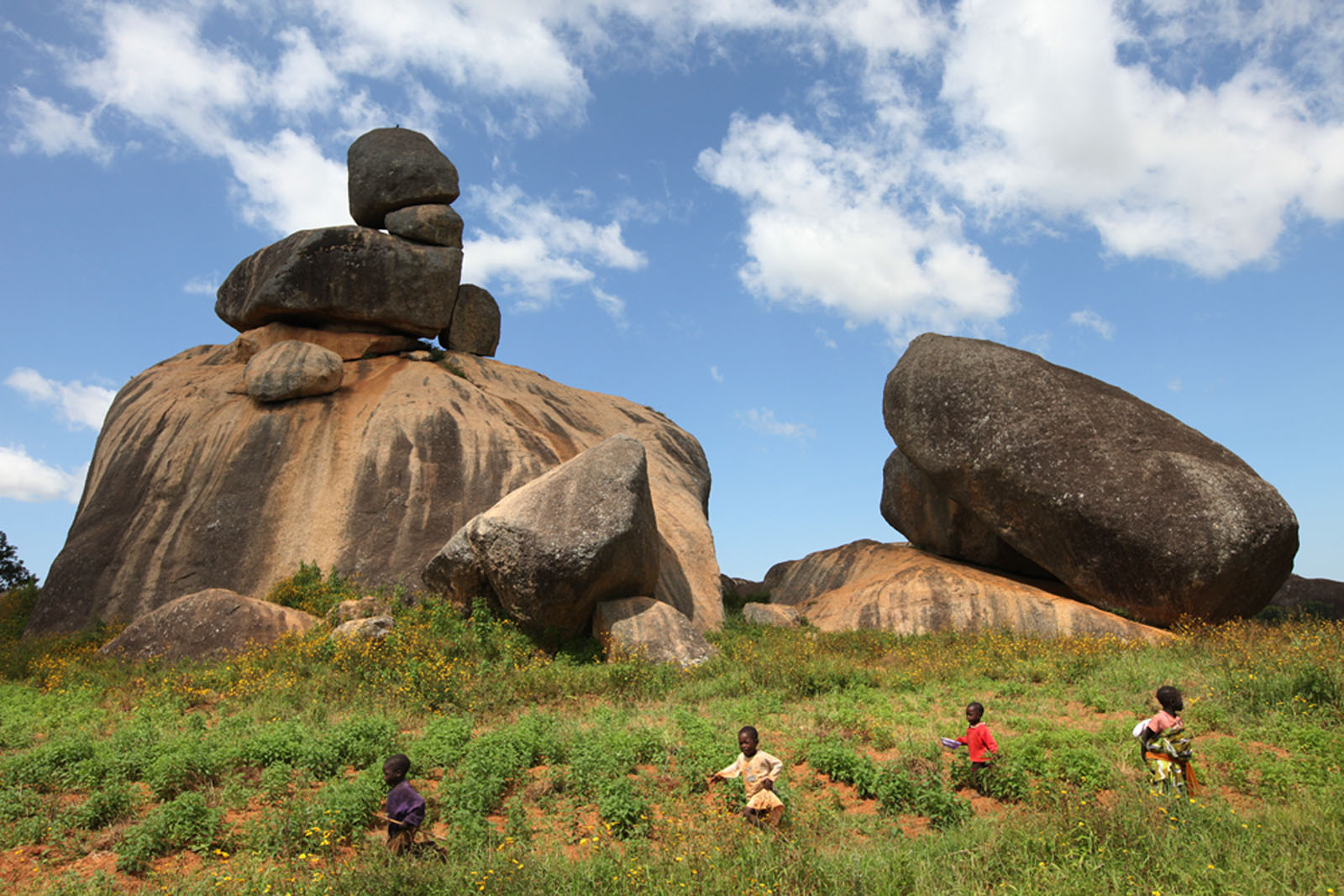Protest
Protest

Elie Wiesel is credited with one of the most memorable quotes about protest. His words: “There may be times when we are powerless against injustice, but there must never be a time when we fail to protest it.” What Wiesel’s statement points to here is the moral justification that defines protests against any form of injustice. In many ways, it could also have been this ethical dimension to protesting against injustice that has facilitated its legislative enshrinement in many national constitutions across the world. Nigeria is not an exception. Chapter 23, section 40 of the 2004 Constitution of the Federal Republic of Nigeria (also Chapter IV, section 40 of the 1999 Constitution) states that: “Every person shall be entitled to
assemble freely and associate with other persons, and in particular he may form or belong to any political party, trade union or any association for the protection of his interests; provided that the provisions of this section shall not derogate from the powers conferred by this constitution on the Independent National Electoral Commission with respect to political parties to which that commission does not accord recognition.”
The right to peaceful assembly includes the right of individual citizens and trade unions to peacefully register their grievances or press home their demands on matters that affect such individuals or the masses, in general. Though there are some civil society or human rights organizations that exercise the right to peaceful protest, the vast majority of Nigerians do not exercise this fundamental right. We encourage Nigerians to exercise their fundamental right to peaceful mass protest against abuse of power, antidemocratic actions of the government, or corruption of public officials. We note the outrageously inflated compensation package for legislators; repression of journalists, dissent, and freedom of speech; and indiscriminate punishment and killings by the military and the police (as gleaned from the recent backlash against the SARS). These are examples of legitimate democratic concerns warranting peaceful mass protests. Such protests would hopefully garner international pressure for the benefit of democratic practice in Nigeria.


